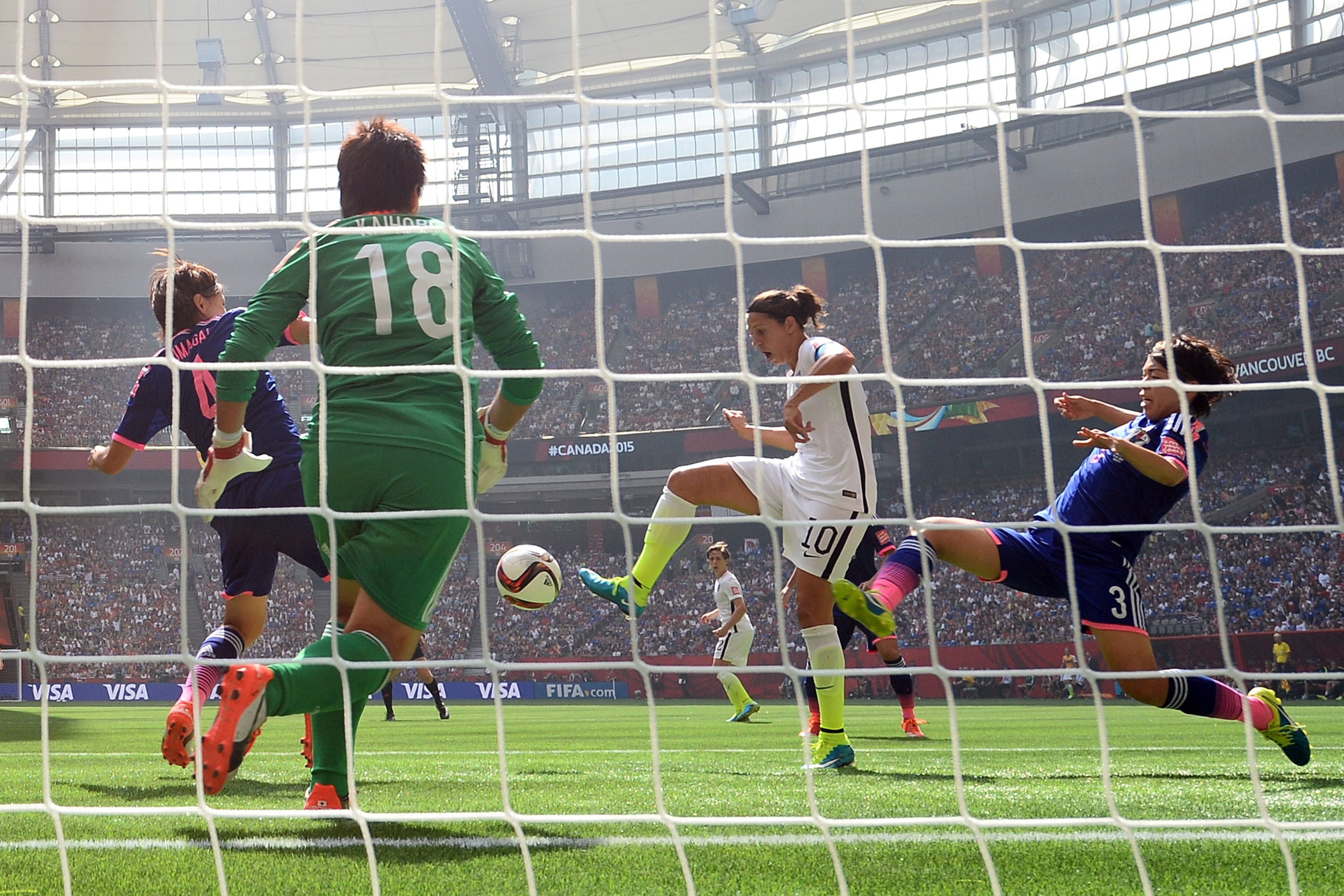Not a home run for profits this year
TEXT OF INTERVIEW
Steve Chiotakis: We’ve heard the crack of the bat officially as baseball season began in earnest this week all across the country. But if off-season and spring training numbers are any indication, owners and their teams aren’t expecting much. And business of sports commentator Diana Nyad joins us now to talk about it.
Diana, what are we hearing from teams going in?
Diana Nyad: Well, let’s take a quote from the White Sox chief marketing officer. He says: “We are going to have to fight and kick and scratch and claw to even break even this year.”
Chiotakis: You know, that’s pretty intense.
Nyad: Yeah.
Chiotakis: You know, ball clubs of course used to make some good money from sponsors, right? I mean those logos that you see on the ballpark or on the programs, the so-called official sponsor of the team. Are sponsors as eager to get in on the action?
Nyad: Well, you know, I mentioned the White Sox, I mean, you know, there’s a devastating situation. Their three biggies were Motorola — Motorola in terrible trouble, in Chicago anyway, so for this year, you know, that’s a wipe-out. Buick was one of their big sponsors —
Chiotakis: Oh GM, yeah.
Nyad: GM, they lost them as well. And of course, there’s Bank of America, which is the overall sponsor of Major League Baseball, and they still have a presence, but as far as The White Sox go, in Chicago, they really had La Salle Bank, which is now bought and acquired by B of A, and La Salle has gone under. So they’ve lost their three major sponsors and they’re just scrounging around to get the smaller guys to fill in and just try to get through this year, as a lot of people are.
Chiotakis: So smaller guys, it’s going to take a lot of smaller guys to fill these big shoes.
Nyad: Yeah, no, exactly right, and The Red Sox are a great example of that. They lost, as The White Sox did, their biggies, too — PC Connection, Nikkon were their biggies. But now, even the Cambridge Eye Center, I mean you know just the local guy down the street, almost like the Cheers bar, you know they’re not in the Red Sox business this year, either.
Chiotakis: What does this mean Diana, then, in the scheme of selling baseball as an entertainment value?
Nyad: You know what I think, the analogy is a little bit like all of us. If you look at your stock portfolio and you say, oh my God, am I going to jump off a cliff or am I going to stay tight and hope that, you know, even over the next couple years, I could break even? I’m not making money anymore, maybe I will again in five years. I think that’s what Major League Baseball is realistically saying. Payroll is down, and that’s unheard of — 14 of the 30 teams this year have a smaller payroll than they did last year. And who knows, you know what, that could bode well for the future. We’ve all been saying, why should these people — we love them, they entertain us — but why should they make that kind of money? Well this year, they had to accept scaling back. So it may scale back for the future, which I think is good, you know, for the big future of baseball.
Chiotakis: Sounds like a correcting market.
Nyad: That’s what I’m saying, yeah.
Chiotakis: All right, business of sports commentator Diana Nyad, thanks.
Nyad: Thank you so much.
There’s a lot happening in the world. Through it all, Marketplace is here for you.
You rely on Marketplace to break down the world’s events and tell you how it affects you in a fact-based, approachable way. We rely on your financial support to keep making that possible.
Your donation today powers the independent journalism that you rely on. For just $5/month, you can help sustain Marketplace so we can keep reporting on the things that matter to you.


















